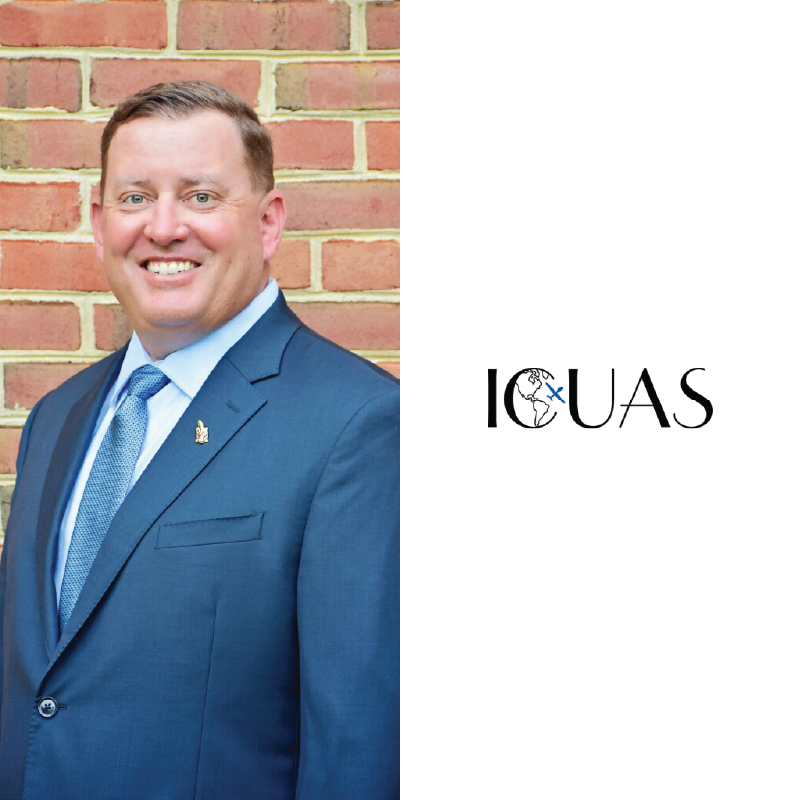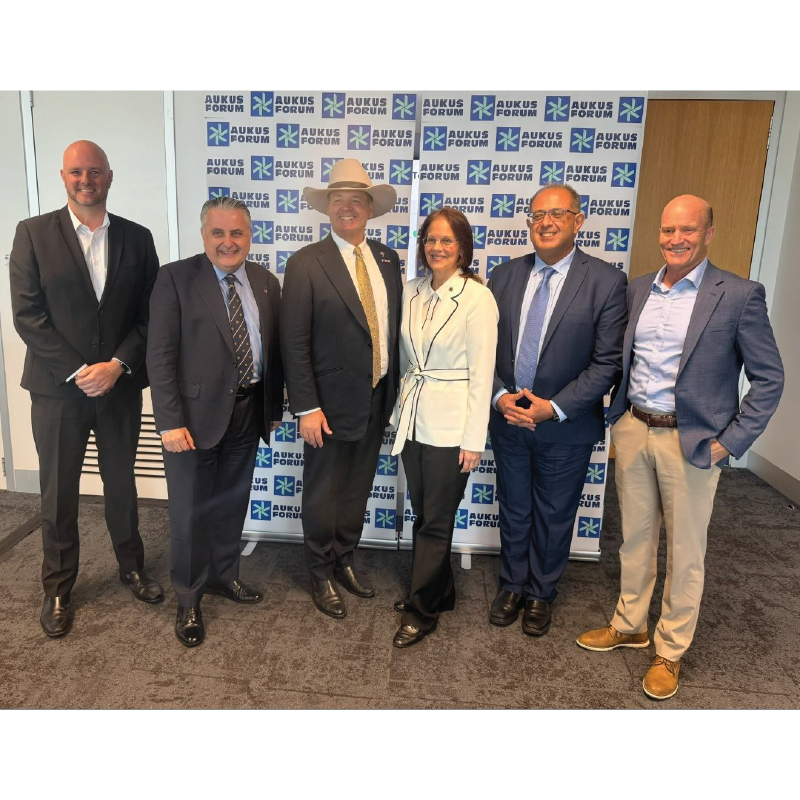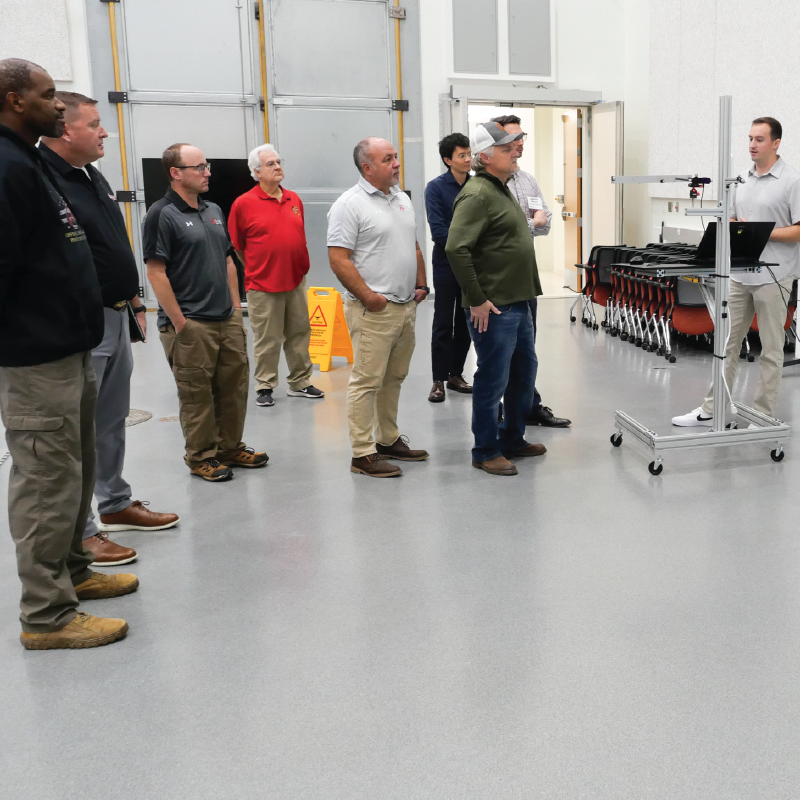News Story
Three Science Terps Named 2021 Goldwater Scholars
Three University of Maryland undergraduates were awarded scholarships this year by the Barry Goldwater Scholarship and Excellence in Education Foundation, which encourages students to pursue advanced study and research careers in the sciences, engineering and mathematics.
UMD’s 2021 Goldwater Scholars are:

(Left-right) Naveen Raman, Ela Rockafellow and Sanketh Andhavarapu. Photos courtesy of same.
- Sanketh Andhavarapu, a sophomore biological sciences and neuroeconomics (Individual Studies) dual-degree student who is also a member of the University Honors program in the Honors College
- Naveen Raman, a junior computer science and mathematics double major who is also a member of the Advanced Cybersecurity Experience for Students in the Honors College
- Ela Rockafellow, a junior physics major who is also a member of the University Honors program in the Honors College
Over the last decade, UMD’s nominations yielded 37 scholarships—the second most in the nation behind Stanford University. Harvard University, the Massachusetts Institute of Technology and Johns Hopkins University also rank in the top 10.
“Our scholars are already contributing significantly to understanding a broad array of important scientific problems through their research. Collectively, there are advancing our understanding of plasma physics and laser-matter interactions, neurological disorders, and bias in artificial intelligence-based algorithms. These young research stars are on trajectories to make major research contributions throughout their careers,” said Robert Infantino, associate dean of undergraduate education in the College of Computer, Mathematical, and Natural Sciences. Infantino has led UMD’s Goldwater Scholarship nominating process since 2001.
Andhavarapu, Raman and Rockafellow were among the 410 Barry Goldwater Scholars selected from 1,256 students nominated nationally this year. Goldwater Scholars receive one- or two-year scholarships that cover the cost of tuition, fees, books, and room and board up to $7,500 per year. These scholarships are a stepping-stone to future support for the students’ research careers. The Goldwater Foundation has honored 73 UMD winners and five honorable mentions since the program’s first award was given in 1989.
Sanketh Andhavarapu
Andhavarapu, a Banneker/Key Scholar from Ellicott City, Maryland, began doing research at the University of Maryland School of Medicine (UMSOM) after his freshman year of high school. He has worked in three different research groups there as well as one at the University of Toronto—publishing six journal articles, including two as first author, and submitting four more.
With UMSOM Assistant Professor Tapas Makar, Andhavarapu has made basic research contributions to the mechanisms of potential therapies for HIV-associated neurocognitive disorder, the cellular dynamics and multiple sclerosis pathology, and an animal model for HIV-associated primary central nervous system lymphoma. Since the COVID-19 pandemic began, he also contributed to five meta-analyses on emergency medicine and critical care topics with Assistant Professor UMSOM Quincy Tran, began conducting neuroeconomics research with University of Toronto Associate Professor Gustavo Saposnik to better understand the decision-making of neurologists in the treatment of their patients with multiple sclerosis, and is working on non-opioid alternatives to treat neuropathic pain with UMSOM Associate Professor Volodymyr Gerzanich.
“Sanketh joined my lab because he was interested in expanding his research horizons within the field of neurology. Specifically, he wanted to gain more experience in conducting neurofunctional experiments with preclinical models,” Gerzanich said. “After seeing him work, I can confidently say that Sanketh is the most motivated and intellectually curious undergraduate that I have mentored yet.”
Andhavarapu also found success as a serial entrepreneur. He co-founded and serves as co-CEO of Vitalize App, which was founded in January 2020 to improve the wellness of health care professionals using digitally delivered, tailored mindfulness and resilience practices. The company participated in Terp Startup, a summer accelerator program for student entrepreneurs, and raised $20,000 in grant funding. The team is currently conducting user research with over 100 clinicians, building a second app iteration, and securing partnerships and pilots with nonprofits and hospital departments in preparation for a public launch in September 2021.
He also founded and is CEO of an educational nonprofit called STEPS Inc. STEPS connect volunteer tutors with families seeking long-term tutoring services and donates the profits to support education in low-income areas of their community. The company has generated nearly $18,000 in revenue and recently launched a grant foundation to support other education nonprofits working with underserved communities.
In addition to running those two companies, he serves as vice president of Peer to Peer, a mentorship program that connects 40 UMD students with high school-aged children of refugee families in the local community. The Terps help with homework, run educational activities, and provide college and SAT preparation lessons. He also volunteers as a medical assistant with Mobile Medical Care, a clinic that serves the uninsured patient population, and shares his perspective on applied behavioral science topics via articles published by The Decision Lab, an international think tank and consultancy.
Andhavarapu was named to DC Inno's 25 under 25 list for 2020, and he received the Ed Snider Center Leadership Award from the Robert H. Smith School of Business, a UMD Alumni Association Scholarship, the Innovators of Progress Scholarship, and an Emerging Venture Capitalists Association Fellowship.
After he graduates, Andhavarapu plans to pursue an M.D./Ph.D. in neuroscience and stay involved with digital health innovation and behavioral science.
Naveen Raman
Raman, who is a President’s Scholarship recipient from Derwood, Maryland, began working with UMD computer science faculty members in 2018. Since then, he has published four papers and submitted a fifth for publication.
He began by developing algorithms to identify cancer mutation signatures with Distinguished University Professor Aravind Srinivasan and former Assistant Professor Max Leiserson and moved on to working with Assistant Professor John Dickerson to develop policies that balance fairness and profit in ride-pooling systems.
He’s also currently working with Associate Professor Jordan Boyd-Graber to improve question answering systems by leveraging data from trivia competitions. Raman’s focus is on advancing so-called named entity linking algorithms, which connect names found in a question to larger repositories of data about them like Wikipedia. These advances will ultimately help question answering systems perform better on a diverse set of questions.
“Naveen Raman is a clear star researcher—and practitioner—in the making,” Dickerson said. “He is driven, questioning, curious and technically talented, as well as a young adult with a strong sense of civic duty and commitment to using technology for social good.”
In Summer 2019, Raman worked to detect rudeness, toxicity and burnout in open-source communities as a participant in Carnegie Mellon University’s Research Experience for Undergraduates in Software Engineering program. Last summer, he worked at Facebook to develop a user interface for debugging machine learning models and learned about important societal issues that machine learning can help solve, such as hate speech detection.
An active competitor, Raman’s team won the National Academy Quiz Tournaments’ Division 2 Intercollegiate Championship Tournament during his freshman year. In 2020, he and two classmates received an honorable mention award in the 72-hour Mathematical Contest in Modeling for their project that analyzed the effect that rising global temperatures have on herring and mackerel fishing along the Scottish coast. He also received an outstanding award in the 2020 SIMIODE Challenge Using Differential Equations Modeling for his team’s work on modeling interactions in refugee camps.
He has been a teaching assistant for a programming languages class and the lead student instructor for a class on algorithms for coding interviews. He also serves as vice president of UMD’s Puzzle Club.
Off campus, Raman teaches literacy skills to underprivileged elementary school students in the Maryland Mentor Program and volunteers at the College Park Academy charter school helping students improve their math skills.
He has been awarded the Brendan Iribe Endowed Scholarship, Capital One Bank Dean’s Scholarship in Computer Science and Corporate Partners in Computing Scholarship.
Raman plans to attend graduate school to pursue a Ph.D. in computer science, with a focus on the fairness of artificial intelligence algorithms in critical fields such as criminal justice, job markets and health care.
Ela Rockafellow
Rockafellow—a Banneker/Key Scholar who went to elementary school in Zambia and graduated from high school in Washington, D.C.—works on one of only three high-power, ultrafast lasers in the world that operates in the mid-infrared wavelength of 3.9 microns. She has co-authored a paper published in the journal Physical Review Letters and presented two posters at national American Physical Society meetings.
Since January 2019, Rockafellow has been working in the laboratory of Physics Professor Howard Milchberg, who also holds appointments in the Department of Electrical and Computer Engineering (ECE) and the Institute for Research in Electronics and Applied Physics (IREAP).
First, Rockafellow designed and constructed an autocorrelator—an optical device for measuring the duration of short laser pulses—for the team’s 3.9-micron laser. Then, she was instrumental to a team that measured ionization yield by lasers of 14 orders of magnitude.
"Ela's measurements and analysis were critical to the success of this experiment," Milchberg said. "She set up sensitive imaging optics and wrote really clever algorithms that required her to not only learn about lasers in general, but she had to master our unique mid-infrared system, which is most definitely not a turn-key laser."
Currently, she is running simulations and conducting experiments measuring terahertz radiation generation.
“Ela’s level of scholarly activity and publication is rare and exceptional, and I can say without qualification that Ela is the one of the best undergraduate students I have seen at the University of Maryland,” said one of Ela’s course instructors, Thomas E. Murphy, Keystone Professor of ECE and director of IREAP. “She exhibits a rare combination of intelligence, creativity and dedication that I seldom find, even in graduate students.”
She also has a passion for teaching others. Rockafellow has been an undergraduate teaching assistant for several physics courses and is currently involved in designing a physics course about diversity, equity and inclusion that will be taught in the fall.
She also serves as outreach coordinator and as a volunteer tutor for the university’s Society of Physics Students chapter and was the mentor coordinator for the 2021 Conference for Undergraduate Underrepresented Minorities in Physics (CU2MIP).
Outside of school, she has been competing in equestrian events since she was 6 years old and she started wrestling in eighth grade, competing as one of the only female wrestlers in the league for the next five years. Rockafellow is also a talented artist and painter.
After graduation, she plans to pursue a Ph.D. in physics and continue her work in experimental intense laser/matter interactions.
###
Media Relations Contact: Abby Robinson, 301-405-5845, abbyr@umd.edu
University of Maryland
College of Computer, Mathematical, and Natural Sciences
2300 Symons Hall
College Park, MD 20742
www.cmns.umd.edu
@UMDscience
About the College of Computer, Mathematical, and Natural Sciences
The College of Computer, Mathematical, and Natural Sciences at the University of Maryland educates more than 9,000 future scientific leaders in its undergraduate and graduate programs each year. The college's 10 departments and more than a dozen interdisciplinary research centers foster scientific discovery with annual sponsored research funding exceeding $200 million.
Published March 30, 2021









